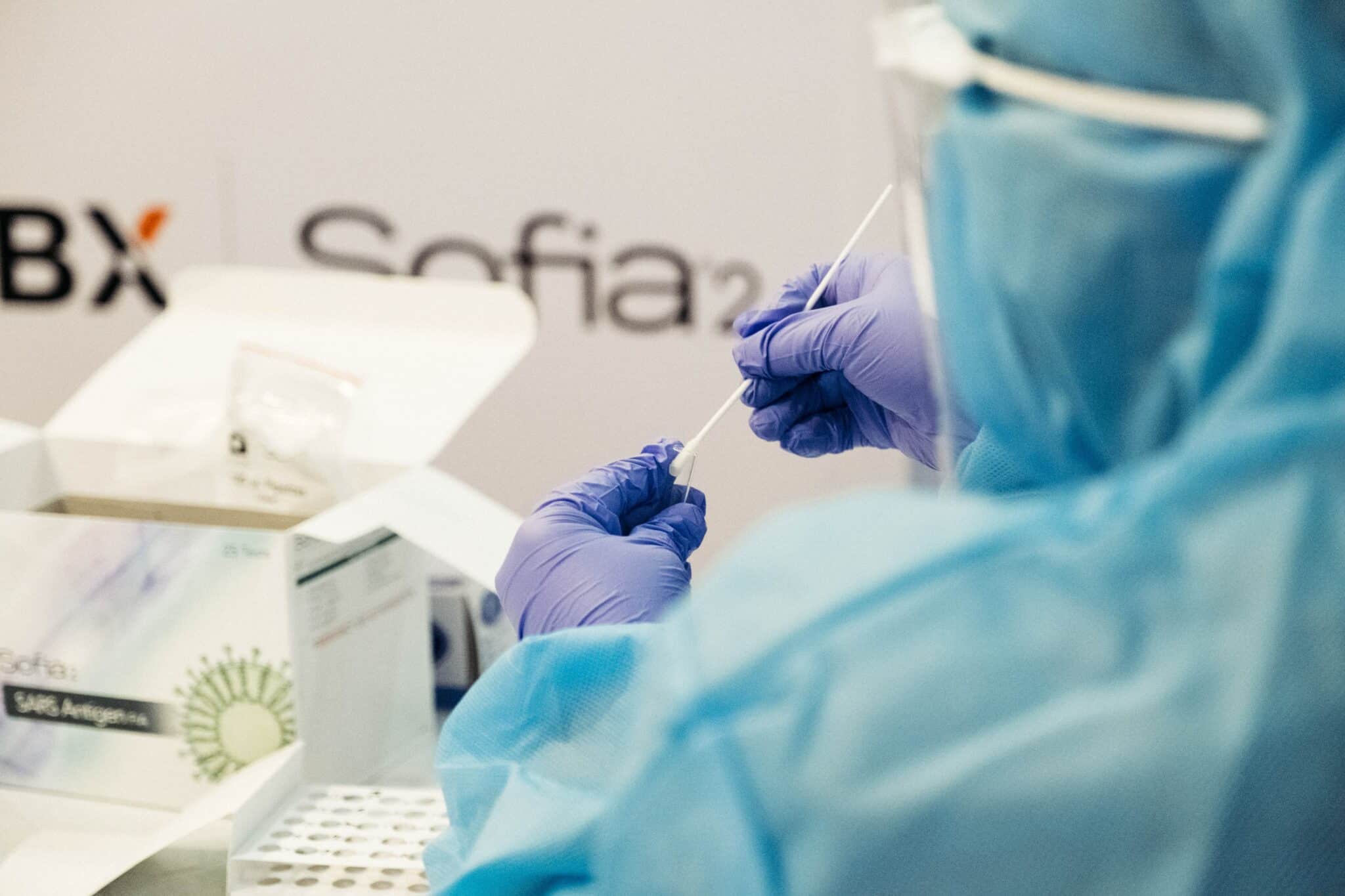Best Foods for COVID Recovery

It’s common to fall ill in the winter months, and one of the various respiratory illnesses you might catch is COVID-19. Although this disease isn’t as dangerous as it used to be and its symptoms have changed over time, catching it can still be a nuisance.
Nutrition can play an important role in strengthening your body against illness. While it’s essential to emphasize that proper nutrition is not a substitute for medical care, it can complement the recovery process and potentially alleviate symptoms. When dealing with COVID-19, the body’s nutritional needs may shift, and certain foods may offer specific benefits.
In this post, we’ll share the best foods for COVID recovery, from immune-boosting fruits and vegetables to sources of essential vitamins and minerals. We will also give a list of foods to avoid in the interest of health.
Let’s get started!
What to Eat When You Have COVID-19
We know COVID-19 can be a tough disease to go through. You may feel extremely tired or even be bedridden. And the need to self-quarantine makes you depend exclusively on yourself.
Nutrition is key to the process of recovery, and you shouldn’t neglect it, even if you’re feeling exhausted and prefer to skip meals. COVID will put your body in a hypermetabolic state, where you are burning much more calories than normal. If you don’t keep up with the loss of calories, you will keep feeling tired and experience a loss of muscular mass.
You should prioritize the following nutrients to facilitate your recovery:
- Vitamin C
- Proteins
- Fatty acids like Omega-3
- Vitamin D
- Fluids
Let’s take a closer look
Vitamin C
Vitamin C helps boost your immune system, speeding up recovery and lowering the chances of a secondary infection.
In this group, you’ll find:
- Citrus fruits, like oranges, grapefruit, and lemons
- Tomatoes
- Kiwis
- Berries
- Cruciferous vegetables, like Brussels sprouts and broccoli
Proteins
Proteins are crucial to avoid the loss of muscle mass associated with hypermetabolism. There is an extreme variety of protein sources, both plant-based, like beans and nuts, and animal-based, like:
- Eggs
- Milk
- Cheese
- Meat
A great way to incorporate proteins into your diet is through good-quality yogurt, which takes minimal preparation and is easy to digest.
Fatty Acids like Omega-3
Other essential macronutrients include fatty acids. Normally, you would need them for lowering cholesterol, but they also serve as anti-inflammatories, which may alleviate COVID-19 symptoms. They can be found in:
- Some types of fish, like salmon, tuna, and sardines (even canned ones)
- Avocados
- Seeds like chia or flax
- Vegetable oils
Vitamin D
Vitamin D has a multitude of benefits that aid your recovery from COVID-19. Mainly, it boosts your immune system and helps you counteract fatigue.
You can find vitamin D in:
- Mushrooms
- Eggs
- Milk
- Fatty fish like salmon
Fluids
You can’t overstate how dangerous dehydration is; left unattended, it can have a lasting impact on your renal system and even be lethal. Maintain your fluid intake by adding a bit of sugar or salt, which helps with fluid retention. Soups and smoothies are an excellent tool in your COVID-cook arsenal. They are easy to make and will not only give you the needed macronutrients but also keep you hydrated.
Foods to Avoid If You Have COVID-19
When deciding which foods to steer clear of, it’s essential to take inflammation into account. COVID-19 triggers inflammation in different areas of the body, especially in the gut and heart. This inflammation causes discomfort and diarrhea, which in turn accelerates dehydration.
Then what foods should you avoid if you have COVID-19?
- Fats and sugars: This includes your typical comfort foods: cookies, fries, sweets, and sodas. They may be delicious and lift your spirits momentarily, but in the long run, they give you almost nothing nutritionally and promote inflammation.
- Alcohol: It’s important to watch out for your alcohol consumption during your recovery. Alcohol kills good gut bacteria and lowers your immune defenses.
- Processed foods: This recommendation goes for your everyday life as well as for your COVID-19 recovery. Keeping your health in check requires avoiding processed foods in excess and focusing on healthy, whole foods.
Key Takeaways
In this post, we’ve seen the importance of keeping a healthy diet during your COVID-19 recovery. Remember, good nutrition isn’t just for when you’re unwell—it’s a foundation for a healthy life.
The choices you make in terms of food directly impact your immune system, energy levels, and overall vitality. By incorporating a variety of fruits, vegetables, proteins, and whole grains into your meals, you lay the groundwork for a robust defense against illnesses.
Remember that COVID isn’t over, and winter is its peak season for cases. In fact, the CDC reported an increase of 17.6% in hospitalizations and 25% in fatalities during the first week of December. Get your booster shots, and at the first sign of symptoms, visit your nearest testing center.
Need a COVID test? No matter where you are, find testing centers near you with our international index.


